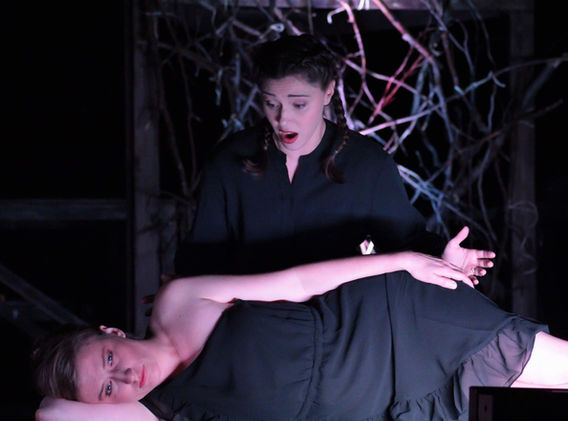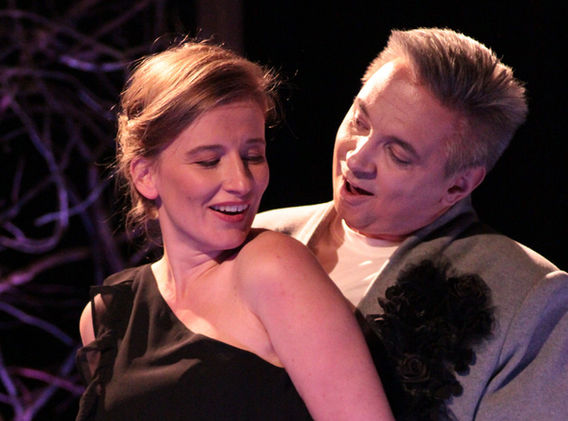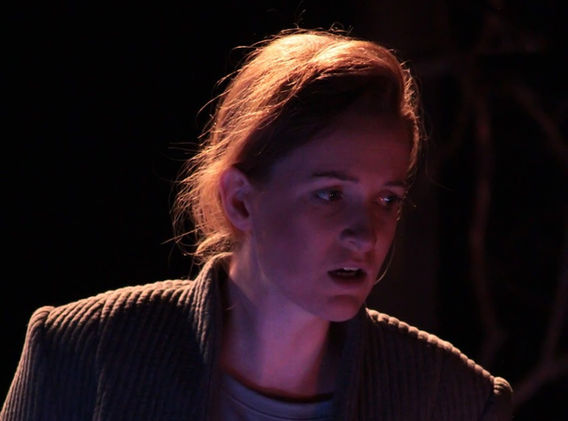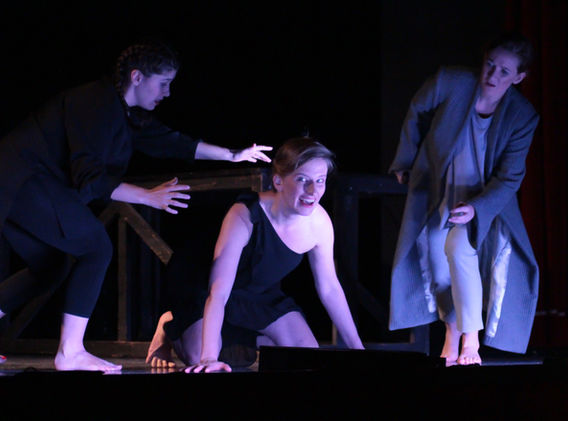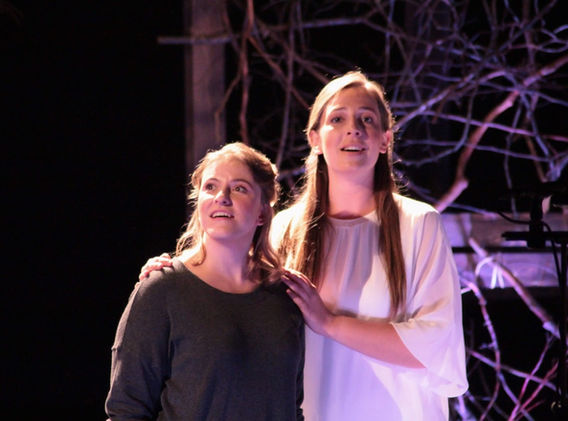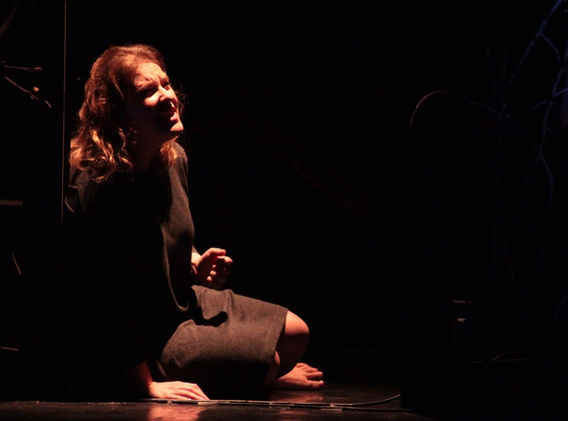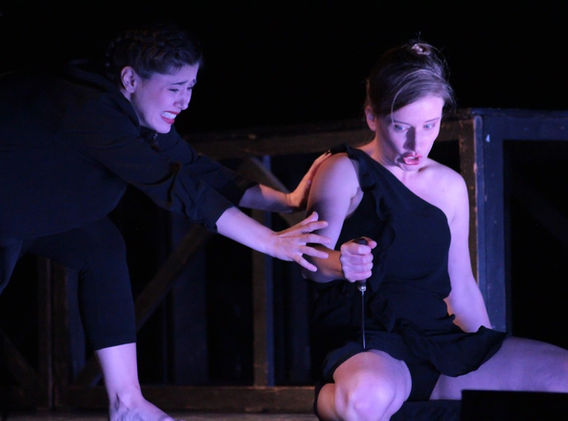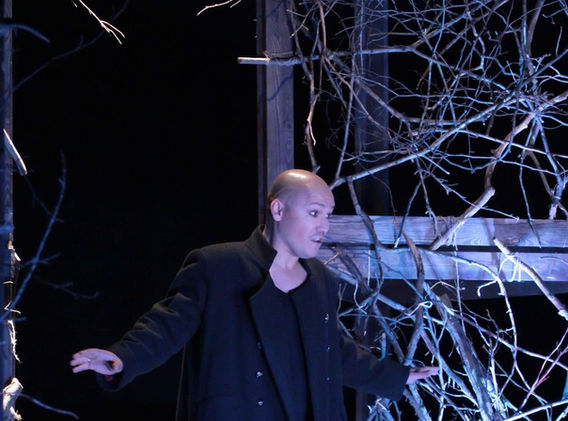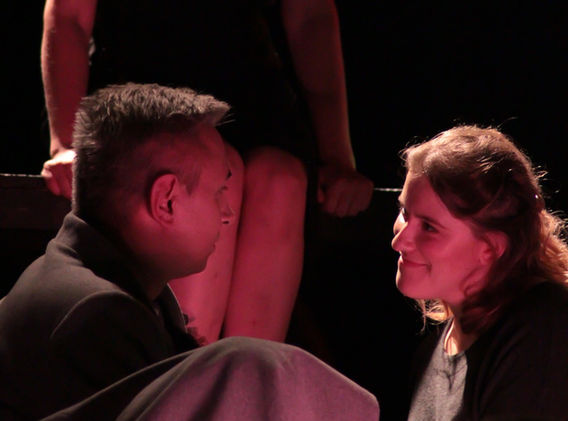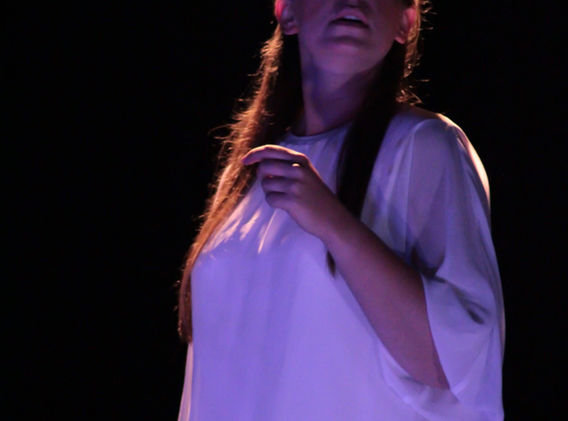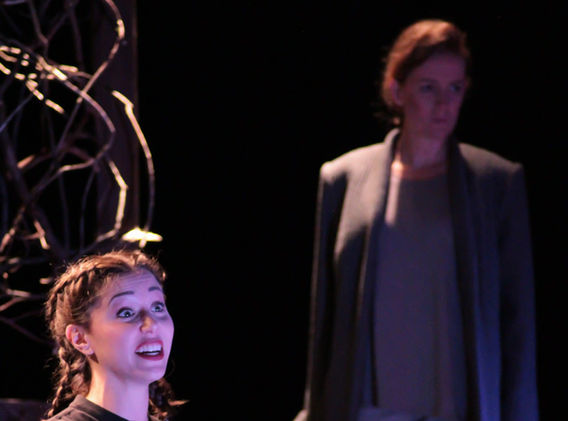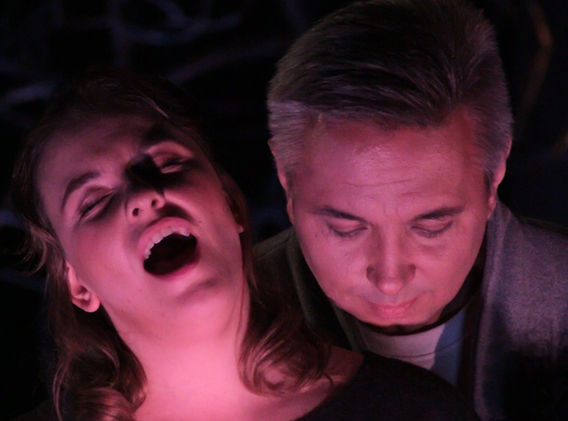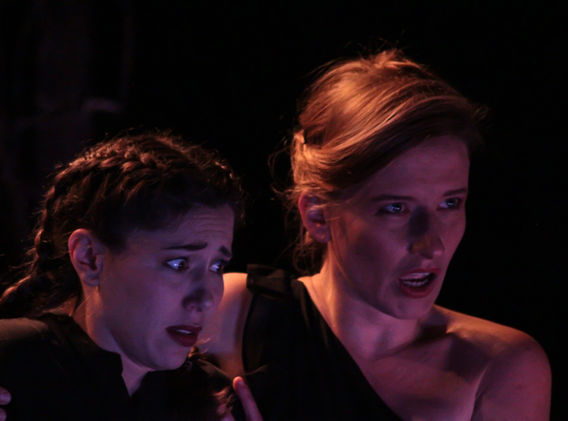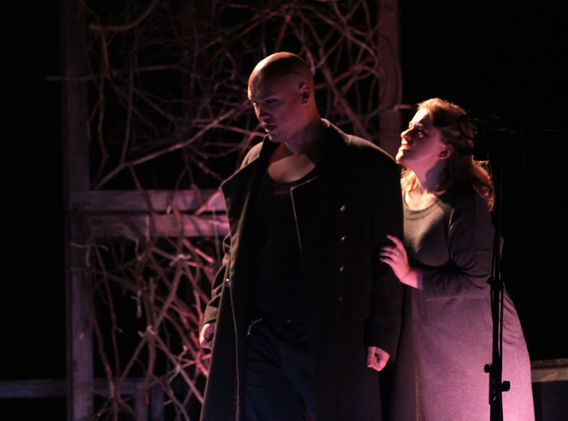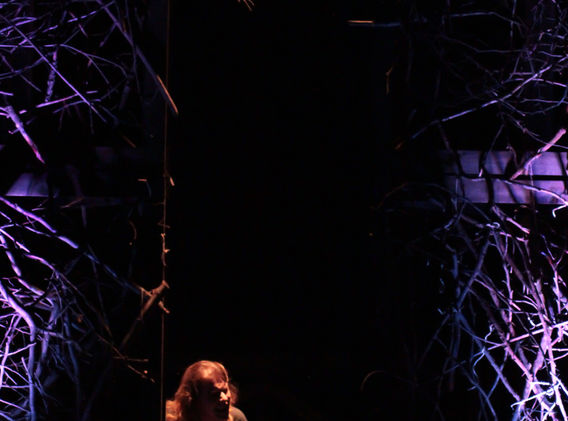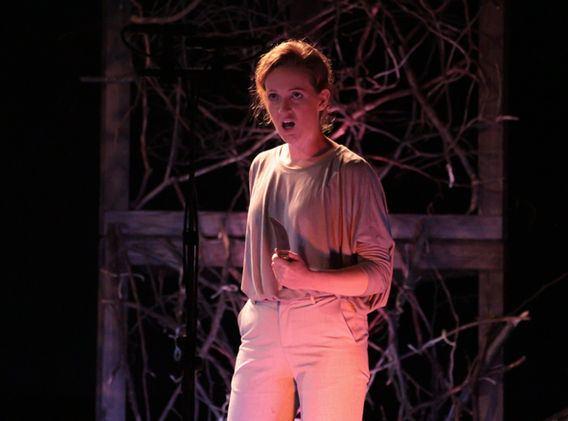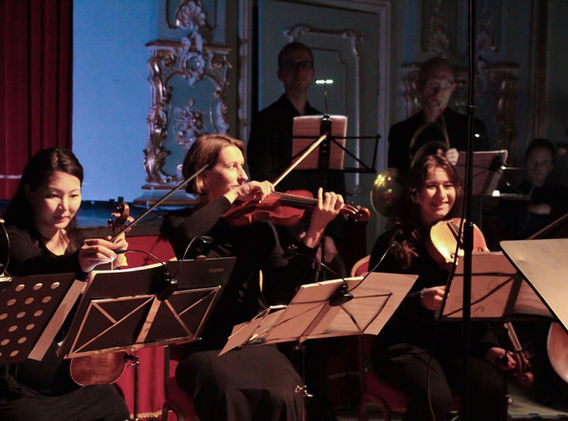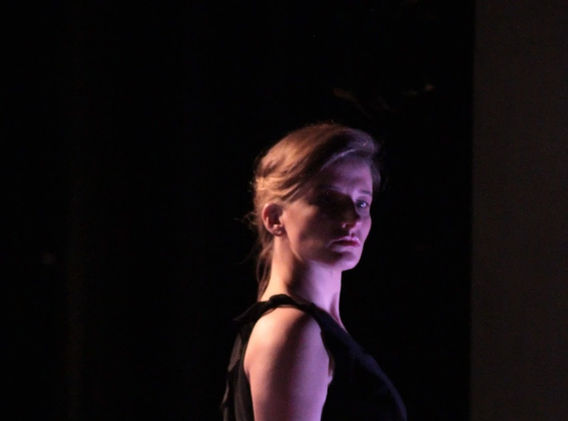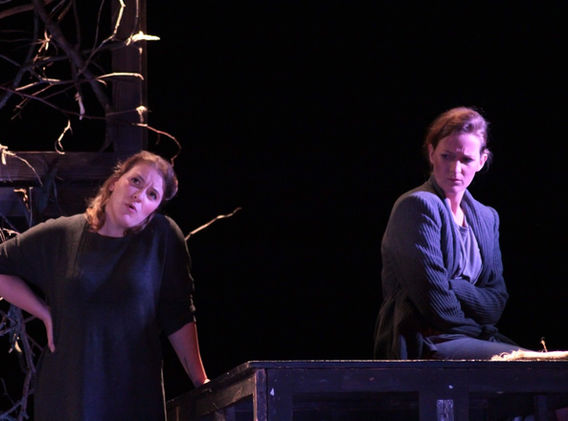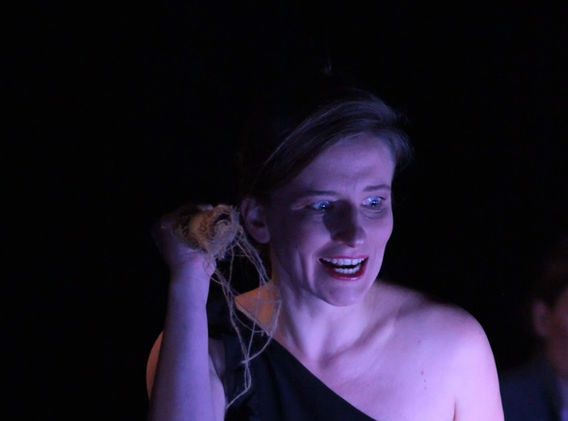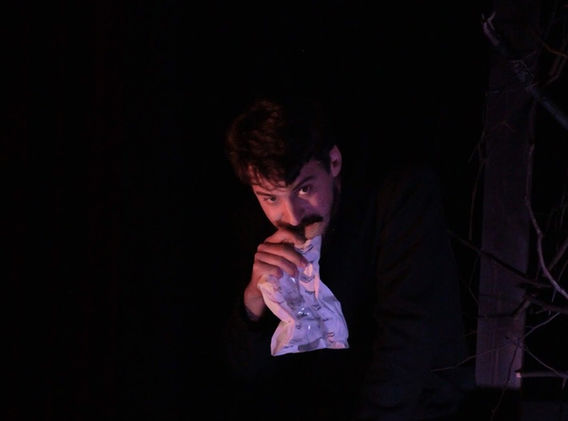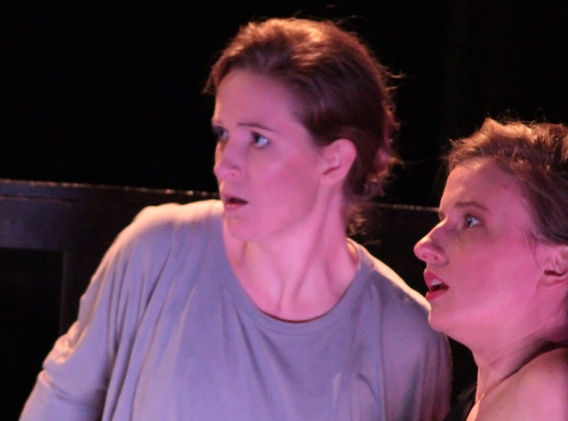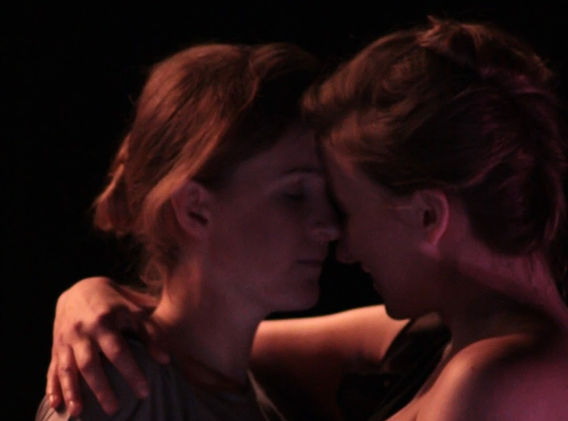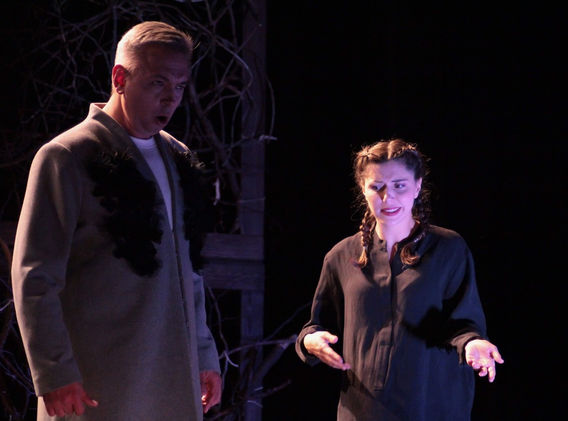Music projects without borders
Musical treasures from Dresden
Giove in Argo
by Antonio Lotti (1667-1740)
Melodrama pastoral in three acts
First performance in modern times by the Ars-Augusta eV association
September 20, 2019
Kurtheater "Henryk Wieniawski", Bad Salzbrunn
September 22, 2019
Palace in the Great Garden, Dresden
Resumption in 2020
September 23, 2020
Klemperer Hall, SLUB Dresden
September 26, 2020
Gerhart-Hauptmann-Theater, Görlitz
Conductor: Enrique Gomez-Cabrero Fernandez
Director: Szymon Komarnicki
Stage design / costumes: Jerzy Basiura
Light director: Klaudia Kasperska
occupation
Arete: Radoslaw Pacholek *
Iside: Nana Bugge Rasmussen (Magdalena Pikuła)
Erasto: Elvire Beekhuizen
Calisto: Aleksandra Hanus, (Johanna Reithmeier)
Diana: Linsey Coppens, (Anne-Marie Tietze)
Licaone: Mikus Abaronins, (Pawel Kowalewski)
Vespetta: Petra Havrankova, (Wiktoria Oskroba)
Milo: Grzegorz Zajaczkowski
* We are looking for a young counter tenor to resume the opera
Lusatian Baroque Ensemble / Lausitzer Barockensemble
Baroque violins: Helmut Riebl (Koncertmistrz),
Enrique Gomez-Cabrero Fernandez, Seojin Kim (Kacper Szpot), Annette Rössel (Karolina Habalo)
Viola: Magdalena Borkowska
Baroque cello: Szczepan Dembinski
Theorbo : Frank Pschicholz
Harpsichord: Adam Piotr Rorat
Double bass: Alexander Göpfert
Traverso flutes : Małgorzata Klisowska (Radoslaw Orawski)
Oboe: Hanna Piasna, Katarzyna Czubek
French horns: Christian Schmitt (Mateusz Cendlak), Krzysztof Bielasik
The project was funded by:
2019: Görlitz department store
2020: Mitteldeutsche Barockmusik eV, Görlitz Department Store, Sparkasse Oberlausitz-Lower Silesia.
CDs from the 2019 premiere are available from our association for € 20.



About the work
Three hundred years ago the famous "Planetary Festivals" were celebrated in Dresden, a great baroque festival as part of the wedding of Friedrich August II. Elector of Saxony with Maria Josepha von Habsburg. The festival opened with the opera “Giove in Argo” by the Venetian Antonio Lotti (1667-1740) and artists and princes from all over Europe were invited. The main theme of the festival were the "Greek gods", which, as planets of the same name, should bring the new couple happiness and success. Friedrich August III., Like his father Augustus the Strong as Friedrich August II., Also went down in history as kings of Poland.
August III lived in Warsaw as well as in Dresden, tried to connect and reconcile the two peoples and loved Italian opera. The famous Senesino began his European career in “Giove in Argo”, supported by the patronage of Augustus the Strong.
The association “Ars-Augusta eV” in Görlitz, founded and led by the Greek-Polish opera singer Eleni Ioannidou, has been committed to the task of preserving the shared, partially forgotten cultural heritage - especially in the theater and music - of Saxony and Revive Poland. After the original opera score was discovered in the Dresden University Library in 2019, it was first digitized, followed many months later by performances in the Neo-Baroque Kurtheater in Bad Salzbrunn and in the Dresden Palace in the large garden. The performances were a sensation and a great success!
Now the association “Ars Augusta” is also repeating the opera this year on the stage of the Gerhart-Hauptmann-Theater.
The musicians of the Lusatian Baroque Ensemble come from both neighboring countries, the singers are graduates or students of the Academy of Music in Dresden and Leipzig as well as the Music Academy of Warsaw and Wroclaw. The Lusatian Baroque Ensemble has been conducted for two years by the Baroque violinist and conductor from Madrid, Enrique Gomez-Cabrero Fernandez, who lives in Wroclaw. In addition to his many years of experience as a concertmaster for baroque projects all over the world, he is a sought-after lecturer and gifted teacher. So this year the “Academia Ars Augusta” came into being, not least because of him. The Lotti opera “Giove in Argo” is the second project of the “Academia” this year.
As in the previous year, the young director Szymon Komarnicki, a graduate of the Dramatic Academy in Cracow, has taken over the direction. Under the constraints of Covid 19, the Gerhart Hauptmann Theater is strongly reminiscent of the theaters of the Baroque era. The auditorium no longer has closed rows of seats, instead the audience can sit at small tables and drink a glass of wine and even have a bite to eat. It was common in the theater back then.
Antonio Lotti's music exudes ease and southern charm, typical of Venice at the time. The melodies of the arias are beautiful and catchy, the recitatives are dramatic and effective. The composer, who was quite important at the time, is almost an unknown today, but with the rediscovery of this opera, a renaissance of his music is hopefully inevitable.
Gallery

